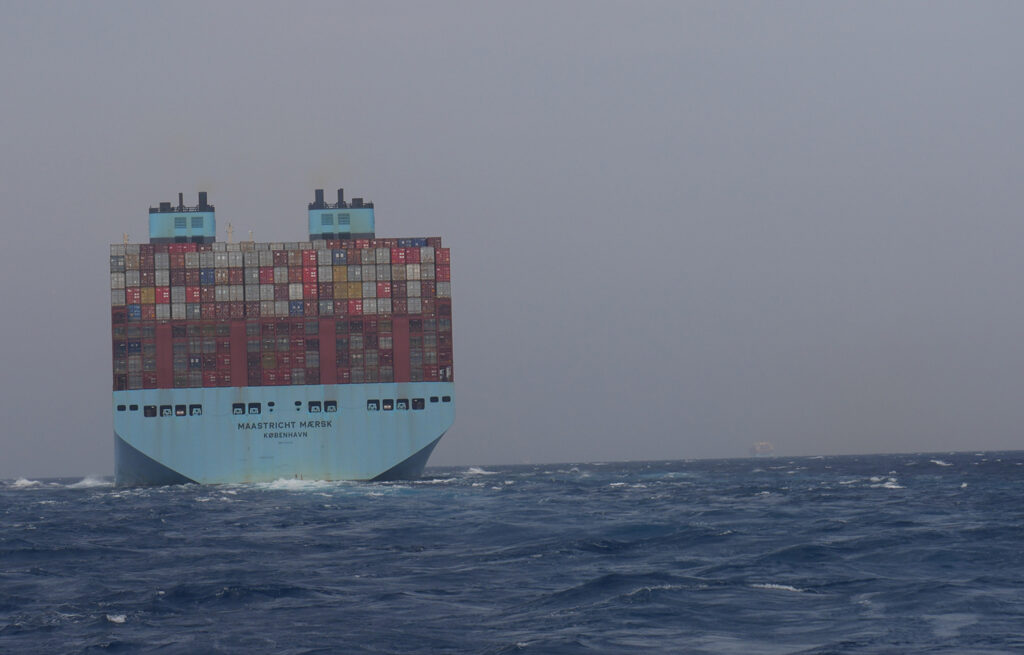Unprecedented Shipping Disruptions Reshaping Global Trade, UN Report Warns
Posted
Last Updated
The recent attacks on Red Sea shipping coupled with existing geopolitical and climate-related challenges are reshaping global trade routes with the potential for major economic and environmental implications.
This is according to a new report from the United Nations Conference on Trade and Development (UNCTAD), titled “Navigating Troubled Waters. The Impact on Global Trade of Disruption of Shipping Routes in the Red Sea, The Black Sea and the Panama Canal”.
Maritime trade routes through the Suez Canal have become seriously disrupted due to recent Houthi attacks in the Red Sea, impacting the global trade landscape. This issue is aggravated by ongoing disruptions in the Black Sea due to the war in Ukraine, which have altered traditional oil and grain trade routes.
Compounding these issues is another challenge: the Panama Canal, a vital link between the Atlantic and Pacific Oceans, is facing dwindling water levels. Combined, these almost unprecedented situations have raised concerns about the long-term resilience of global supply chains, highlighting the vulnerability of the world’s trade infrastructure.
The report reveals that Suez Canal transits have decreased by 42% compared to their peak volume. Major players in the shipping industry have temporarily suspended Suez transits, leading to a 67% fall in weekly containership transits. Likewise, the Panama Canal has seen a 49% drop in total transits compared to its peak as the Panama Canal Authority continues to throttle daily transits in an effort to conserve water.
These disruptions are causing both economic and environmental costs, particularly impacting developing economies. The surge in average container spot freight rates has been substantial, reaching a record weekly increase of US$500 in the last week of December.
read more at gcaptain.com

